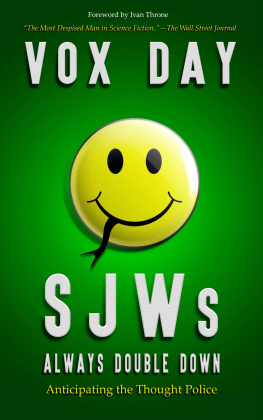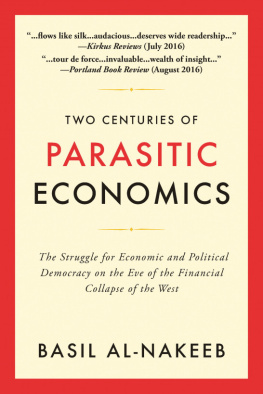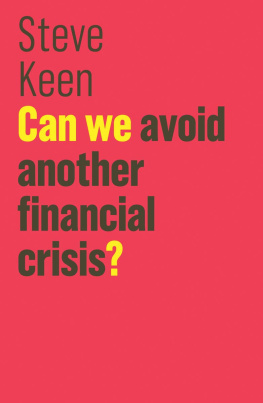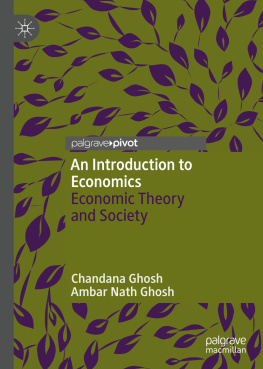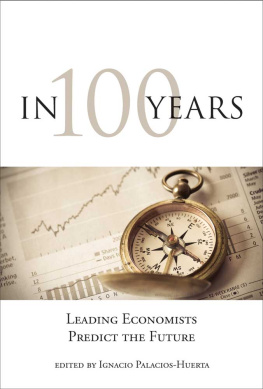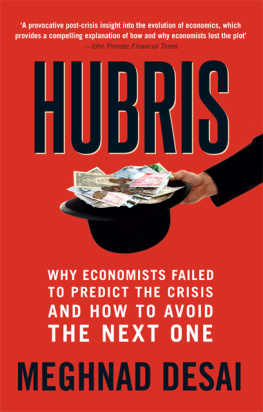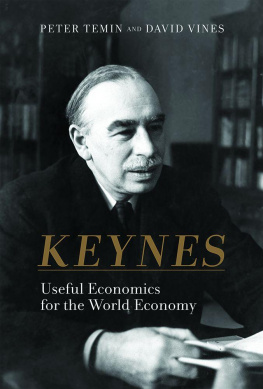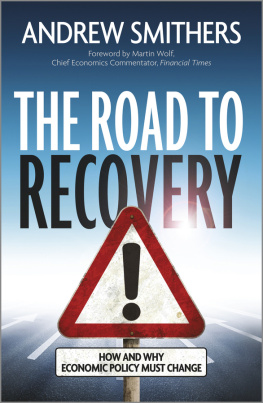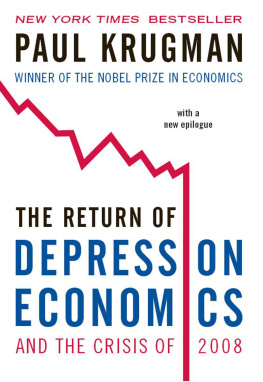VOX DAY
The Return of
THE
GREAT
DEPRESSION
*******
FBI Warning: The unauthorized reproduction or distribution of this copyrighted work is illegal. Criminal copyright infringement, including infringement without monetary gain, is investigated by the FBI and is punishable by up to 5 years in federal prison and a fine of $250,000
*******

The Return of the Great Depression
WND Books
Published by WorldNetDaily
Los Angeles, CA
Copyright 2009 by Vox Day
All rights reserved. No part of this book may be reproduced in any form or by any means, electronic, mechanical, photocopying, scanning, or otherwise, without permission in writing from the publisher, except by a reviewer who may quote brief passages in a review.
Jacket design by Linda Daly
Interior design and layout by Genesis Group (www.genesis-group.net)
WND Books are distributed to the trade by:
Midpoint Trade Books
27 West 20th Street, Suite 1102
New York, NY 10011
WND Books are available at special discounts for bulk purchases. WND Books, Inc. also publishes books in electronic formats. For more information call (310) 961-4170 or visit www.wndbooks.com.
First Edition
ISBN 10-Digit: 1935071181
ISBN 13-Digit: 9781935071181
E-Book ISBN 10-Digit: 1935071726
E-Book ISBN 13-Digit: 9781935071723
Library of Congress Control Number: 2009936827
Printed in the United States of America
10 9 8 7 6 5 4 3 2 1
CONTENTS
List of Tables and Figures
All Tables and Figures appear courtesy of Vox Day, with the exception of , which is credited to David E. Runkle and was published in the Federal Reserve Bank of Minneapolis Quarterly Review, Vol. 22, No. 4, Fall 1998.
ACKNOWLEDGMENTS
THANKS TO Eric Jackson and Joseph Farah for their confidence and Ami Naramor for her editorial labors. Many thanks to Spacebunny for her constant encouragement and support. Thanks to Mark Neuman, Michael Moohr, and Robert Chernomas for the independent studies. An appreciative thanks to Scott Jamison, Peter Magee, Russ Lemley, Larry Diffey, Donald Owen, Don Reynolds, Chris Pousset, Char Live, Ryan Olberding, Tim Peterson, and Mark Niwot, intrepid Vox Popoli readers whose generous assistance with proofreading and content verification was most helpful. And special thanks to The Prisoner, whose Milton Friedman collection proved to be rather useful after all these years.
This book is dedicated to my boys Big Chilly, White Buffalo, and Friedrich der Groe, without whom I would not have survived to finish an economics degree.
INTRODUCTION
ASIDE FROM biology and physics, economics is the science that is probably the most relevant to your daily life. But unlike those two sciences, which dont require a conscious knowledge of their principles in order to make effective use of them, an inability to understand basic economic principles is quite likely to have a negative effect on various aspects of your life, especially in the present economic environment. In referring to these principles, I do not mean the colossal clashes of aggregate macroeconomic forces that occupy the headlines; while their interactions will have an effect on your employment, your bank account, and perhaps even your mood, there is no one who truly understands those great forces. In fact, the complexity of their abstract interactions is such that it may not even be possible for anyone to fully comprehend them. I am referring instead to the fact that whether you recognize it or not, you are an economic actor and most of your decisions, conscious and unconscious, have an economic aspect to them. Furthermore, even the smallest of your decisions will inevitably make an impact on the world around you.
At its core, economics is the study of value. The major differences between very different economic theories such as socialism and monetarism can be ultimately traced back to their competing definitions of what value is. This is admittedly not the usual definition of economics, but upon sufficient reflection, it will soon become apparent that every conventional definition of the science can eventually be factored down to a consideration of value. It does not matter if you consider economics to be the study of the production, distribution, and consumption of goods and services; an agglomeration of ill-coordinated and overlapping fields of research involving history, statistics, theory, sociology, and political economy; or even, as Xenophon defined it, a branch of knowledge whereby men are enabled to increase the value of their estates. All economics ultimately rests on the basis of a single question: What is value?
The great challenge of economics, as well as the ultimate source of its tremendous complexity, stems from the fact that value is a variable. Even worse, it is an extraordinarily complex variable that can be assigned a different valuation by every single potential actor who has the capability of interacting with a particular object or action assigned economic value by someone. Even a series of actions as simple as getting out of bed, taking a shower, and eating breakfast necessarily involves thousands of intertwined economic decisions made by a literally incalculable number of economic actors, each of whom are affected, in turn, by the decisions you made in the fifteen minutes it took you to shave, shower, and drink your coffee. The seemingly insignificant decision to hit the snooze alarm and sleep for an additional five minutes is an action of distinct economic impact with the potential to affect everything from the net consumption of domestic agricultural products to the amount of crude oil imported from Saudi Arabia.
In 1958, Leonard Read of the Foundation for Economic Education wrote I, Pencil, a story subsequently made famous by Milton Friedman in Free to Choose, in order to explain the power of the free market. He told of the amazing way the division of labor and international free trade combined graphite from South America with rubber from Malaysia and wood from Oregon in order to produce something as mundane as a yellow No. 2 pencil. The incredible thing, of course, is that all these diverse elements are produced by the cooperation of people without any central direction. And yet, this classic tale only told half the story, the half related to the supply side. The story on the demand side is arguably even more amazing, as the myriad assignments of personal value for a pencil made by the millions of people who buy pencils and by the tens of millions who elect not to buy them are all factored into an incredibly massive, but ever-changing, computation that always manages to produce a definite price for every single transaction that takes place at millions of different points in the space-time continuum.
Of course, it is impossible to consider the potential economic aspect of all your daily actions; that way lies madness. And yet, there are many decisions that are well worth contemplating from an economic perspective even though they are not usually considered to have much to do with economics. Decisions about attending college, renting, dating, marrying, home-buying, selecting a career, and propagating the species are all life-defining decisions. Each of these decisions has an economic aspect to it, and these economic aspects will often have a significant impact on the shape your life will subsequently take as well as the sort of economic decisions that you will face in the future. Unfortunately, few individuals ever take these economic aspects into account because they are seldom aware that they exist. This means they are also unaware of the probable ramifications of those decisions, to their probable detriment.
Next page


